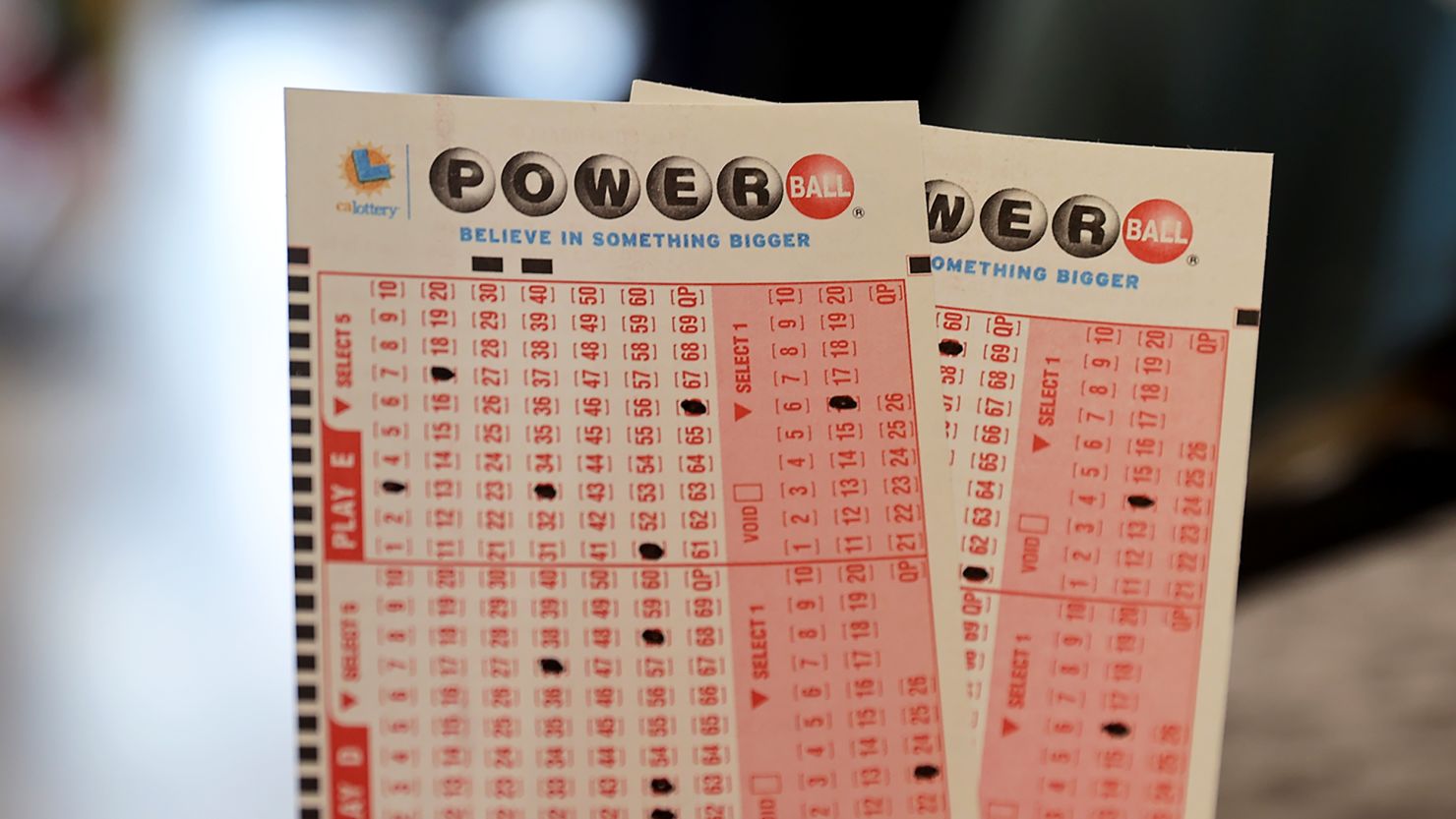In the labyrinth of human desires, one perennial beacon shines brighter than most: the hope for a windfall, a stroke of luck that can transform destinies in the blink of an eye. In this pursuit of fortune, few avenues offer as tantalizing a promise as the lottery colatogel. It’s a cultural phenomenon that transcends borders, economies, and demographics, captivating the imagination of millions worldwide. But beyond the glittering allure lies a complex tapestry woven with elements of chance, psychology, and societal impact.
The Anatomy of a Lottery
At its core, a lottery is a game of chance, a delicate dance between probability and aspiration. Participants purchase tickets, each bearing a unique combination of numbers, fervently hoping that theirs will match those drawn randomly by the proverbial hand of fate. Whether it’s the lure of multimillion-dollar jackpots or the prospect of fulfilling long-held dreams, the appeal is universal.
The Psychology of Hope
Hope, that intangible yet potent force, is the heartbeat of the lottery. It’s the fuel that propels millions to defy logic and embrace possibility. Psychologically, the allure of winning represents more than just financial gain; it embodies the promise of a better future, a life unshackled from mundane constraints. Studies delve into the cognitive mechanisms underlying this phenomenon, highlighting how the mere anticipation of a reward triggers a cascade of neural responses akin to those induced by addictive substances.
The Paradox of Probability
Yet, beneath the veneer of hope lies the stark reality of probability. The odds of clinching the jackpot are often infinitesimal, akin to finding a needle in a cosmic haystack. Despite this, legions of hopefuls continue to invest their resources, driven by the belief that lightning might strike at any moment. It’s a paradoxical dance between rationality and optimism, where the allure of the prize eclipses the rational evaluation of risk.
The Societal Impact
Beyond individual aspirations, the lottery exerts a profound influence on society at large. Governments leverage it as a revenue-generating tool, earmarking proceeds for essential services ranging from education to healthcare. However, critics argue that such reliance perpetuates a regressive taxation model, disproportionately burdening the economically vulnerable. Moreover, the proliferation of gambling addiction underscores the ethical dilemmas inherent in promoting games of chance.
Reimagining Possibilities
Amidst the fervor of the lottery, a broader conversation emerges about the nature of luck and opportunity. While chance plays a pivotal role, it’s essential to recognize the myriad factors that shape destinies. Education, socioeconomic background, and access to resources profoundly influence one’s prospects, often overshadowing the fleeting allure of a jackpot.
